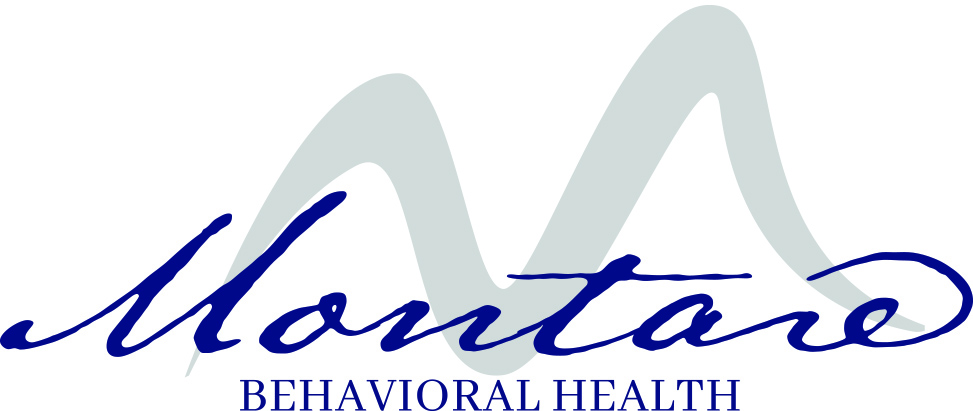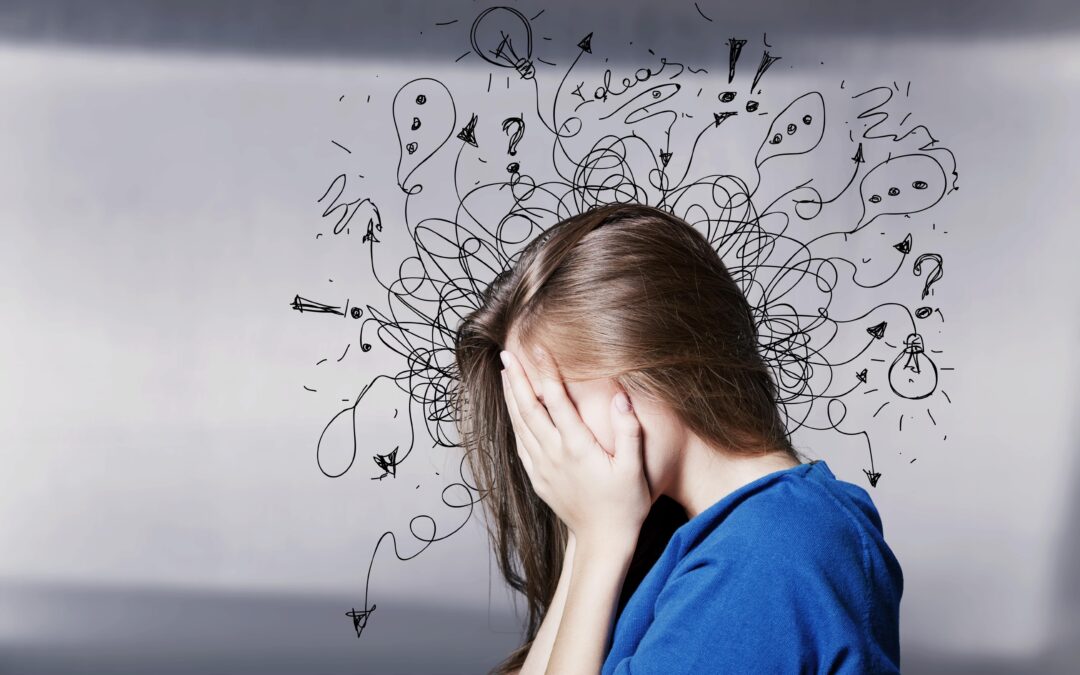Anxiety in women is extremely common and widely misunderstood. No other form of mental illness impacts more Americans of all genders than anxiety disorders do. Yet stigma and misinformation persist. The result is that many of the millions of people who struggle with anxiety disorders are prevented from getting the professional help that can significantly improve their lives.
Facts About Anxiety
To understand the impact of anxiety in women, it is important to first confirm some basic facts about anxiety in general.
The U.S. Department of Health and Human Services (HHS) lists five major types of anxiety disorders:
- Generalized anxiety disorder
- Obsessive-compulsive disorder (OCD)
- Posttraumatic stress disorder (PTSD)
- Social phobia (which is also sometimes referred to as social anxiety disorder)
- Panic disorder
The fifth edition of the Diagnostic and Statistical Manual of Mental Disorders (DSM-5) also includes the following conditions in the anxiety disorders category:
- Agoraphobia
- Specific phobia
- Separation anxiety disorder
- Selective mutism
The following facts about anxiety are from the Anxiety and Depression Association of America (ADAA):
- Anxiety disorders are the most common form of mental illness in the United States.
- More than 40 million adults in the U.S. have an anxiety disorder, but only about one-third of these people are receiving treatment.
- About 6.8 million American adults have generalized anxiety disorder (GAD). This type of anxiety disorder is twice as common among women as it is among men.
- Panic disorder affects about 6 million adults. As with GAD, women are twice as likely as men to develop panic disorder.
Anxiety Signs and Symptoms in Women
Anxiety in women can trigger a variety of physical and psychological symptoms. The type and intensity of these symptoms can vary from person to person depending on several factors, such as which type of anxiety disorder the individual has.
With that understanding in mind, the following two subsections contain examples of some of the more common psychological and physical symptoms of anxiety in women.
Psychological Symptoms
Women who have anxiety disorders may experience mental or psychological symptoms such as:
- Pervasive worry and/or excessive fear that is disconnected from any tangible threat
- Belief that something terrible will happen to a loved one if they are separated from them for even a brief period of time
- Extreme self-consciousness
- Intense, disproportionate emotional distress when near certain objects or animals, or in certain situations
- Persistent sense of impending doom
- Difficulty concentrating, focusing, or paying attention
- Believing that they are about to die
Physical Symptoms
The physical symptoms of anxiety in women can include experiences such as:
- Persistent fatigue and exhaustion
- Disrupted sleep patterns
- Restlessness and jitteriness
- Frequent headaches and stomach aches
- Heavy sweating
- Racing heart rate
- Chest pains
- Shortness of breath
- Sensation of choking
- Lightheadedness and dizziness
- Tingling in the fingers and toes

What Causes Anxiety in Women?
There is no single cause of anxiety in women. But experts have identified several risk factors that can increase a woman’s likelihood for developing an anxiety disorder:
- Child abuse or neglect
- Losing a parent at a young age
- Family history of anxiety or certain other types of mental illness
- Personal history of other mental health disorders
- Personal history of untreated trauma
- Exposure to excessive stress and pressure
- Poor stress-management skills
- Low self-esteem
- Substance abuse
- Taking certain medications
Gender can also be a risk factor for anxiety, as women are much more likely than men to be diagnosed with several types of anxiety disorders.
How To Treat Anxiety in Women
Effective treatment for anxiety in women often involves a combination of medication and therapy.
Depending on which type of anxiety disorder a woman has – and what kind of symptoms she has been experiencing – her doctor may prescribe Ativan (lorazepam), Xanax (alprazolam), or another benzodiazepine. These types of prescription medications promote a sense of sedate relaxation. They can also help women overcome insomnia.
Although some medications may be ease certain symptoms of anxiety in women, they cannot address the behavioral and social aspects of these disorders. This is why therapy is often an integral component of anxiety treatment.
Many anxiety treatment programs offer individual, group, and family therapy:
- During individual therapy sessions, women can discuss personal concerns with an experienced professional and receive focused guidance.
- Group therapy can be an ideal environment for women to learn more about anxiety, practice symptom-management skills, and share support with others who are working to overcome similar challenges.
- Family therapy sessions can help women and their loved ones overcome rifts in their relationships and learn how to better support each other.
These therapy sessions may incorporate the principles of several different therapeutic approaches or modalities, such as cognitive behavioral therapy (CBT), dialectical behavior therapy (DBT), and eye movement desensitization and reprocessing (EMDR) therapy.
- CBT is designed to help people identify maladaptive thought patterns, with the goal of replacing them with healthier ways of thinking and acting.
- DBT can help participants improve their skills in important areas such as mindfulness, emotion regulation, distress tolerance, and interpersonal effectiveness.
- EMDR is an innovative therapy that uses bilateral eye movement to help people overcome distress that is associated with traumatic memories.
Begin Treatment for Anxiety in Women in Sherman Oaks, CA
Montare at the Valley offers compassionate treatment for women who have anxiety disorders and a wide range of other mental health concerns. Our anxiety treatment center in Sherman Oaks, California, is a safe and highly supportive environment where dedicated professionals offer a customized array of evidence-based services. To learn more about how Montare at the Valley can help you or someone that you care about, contact us today.


Recent Comments